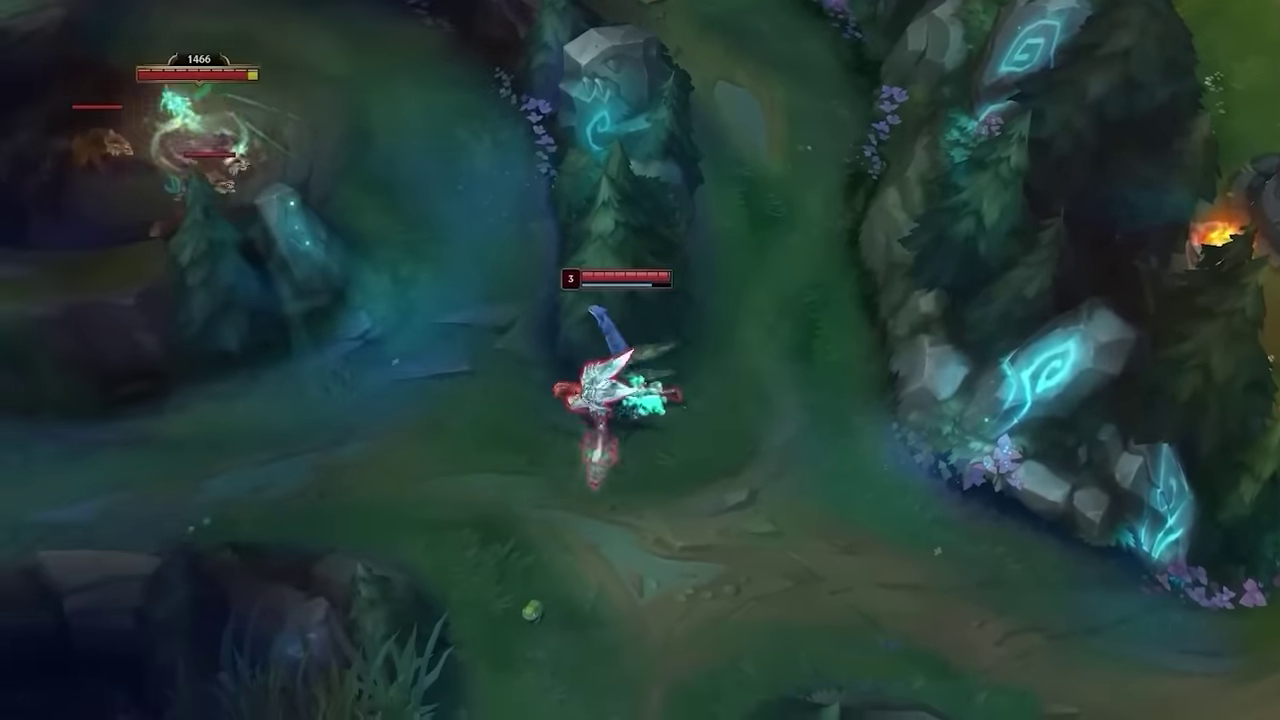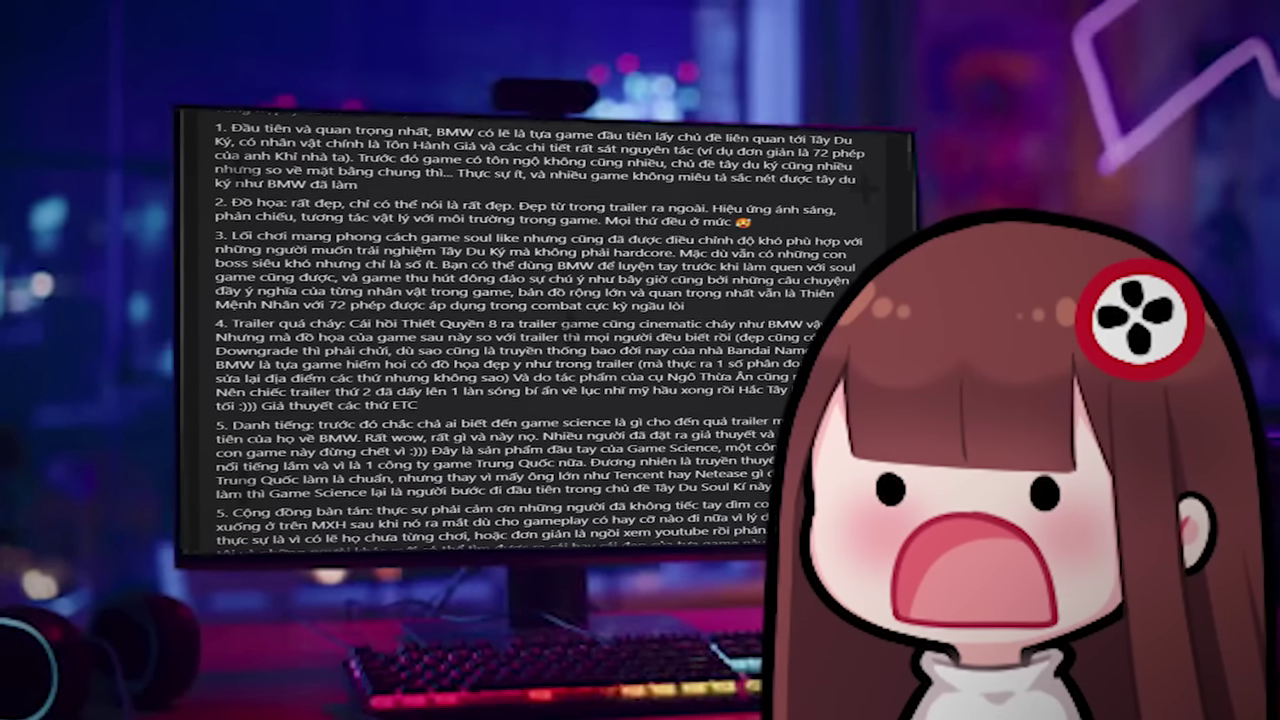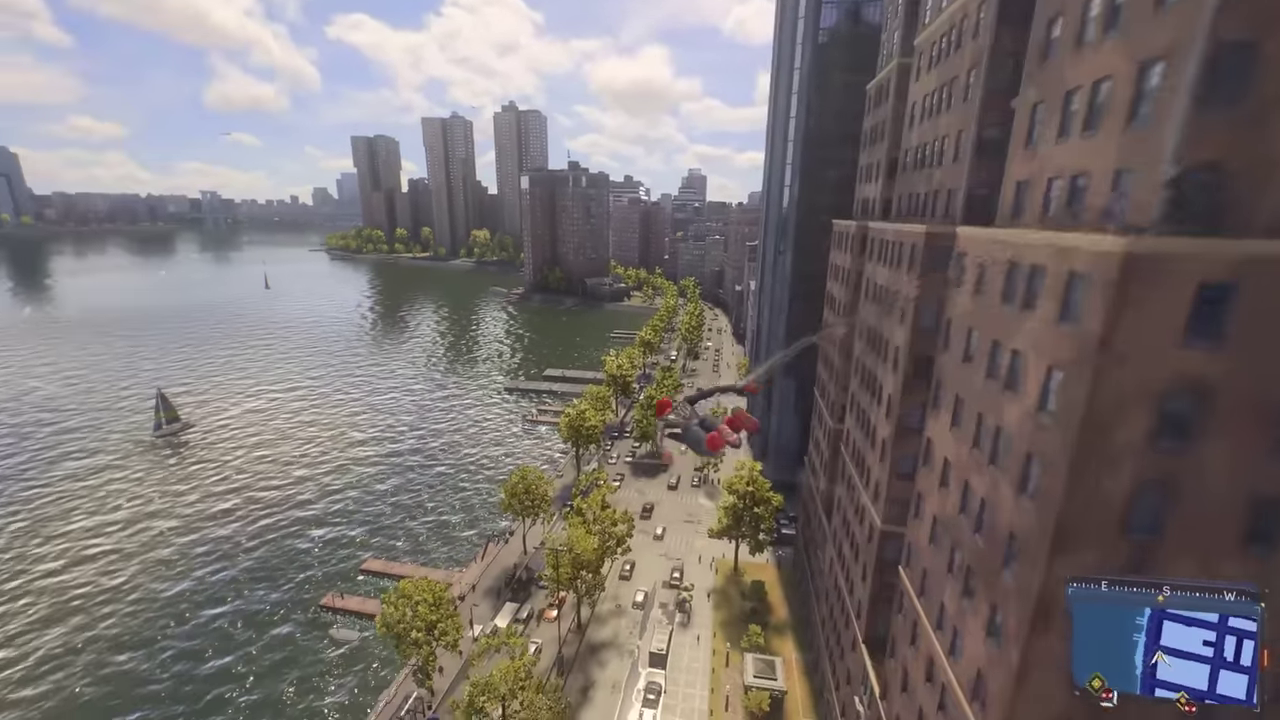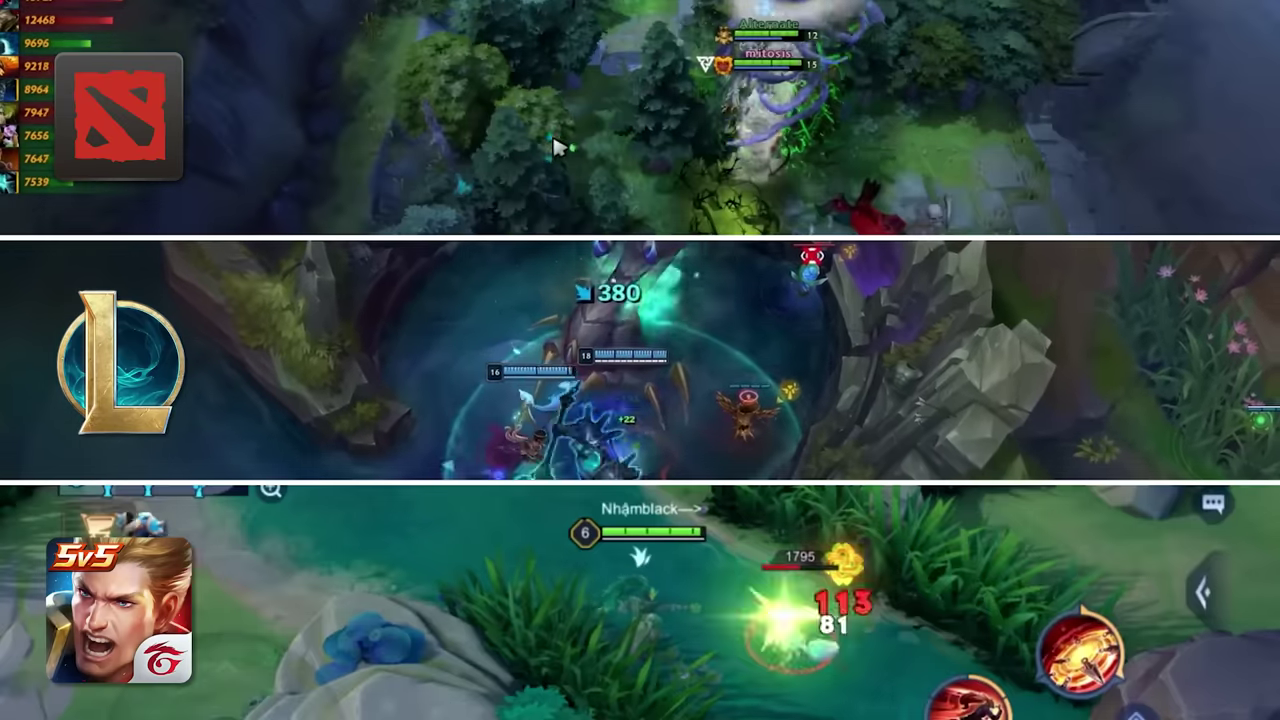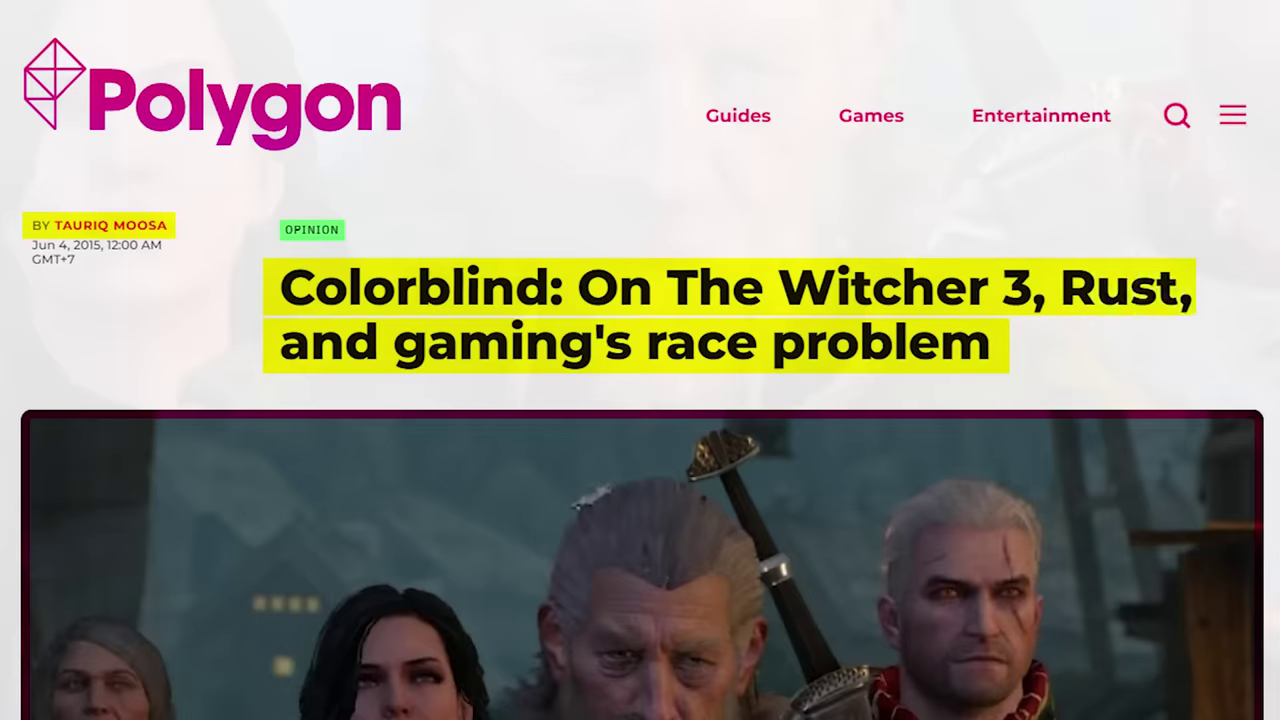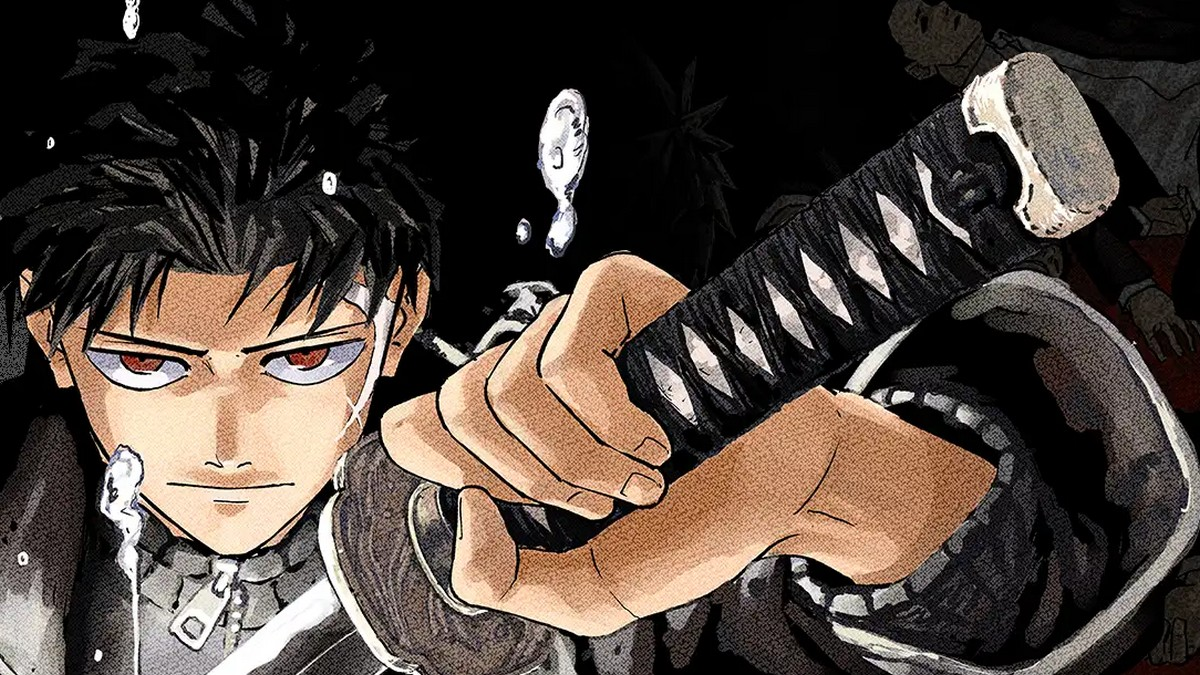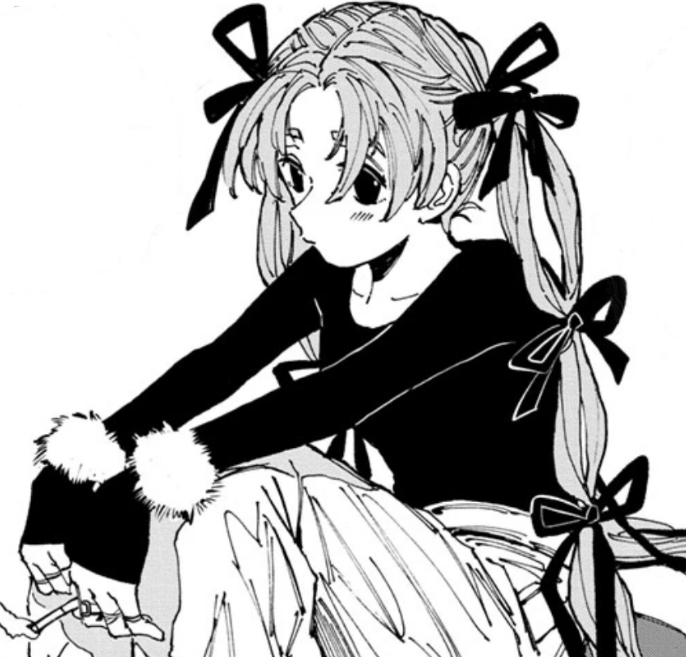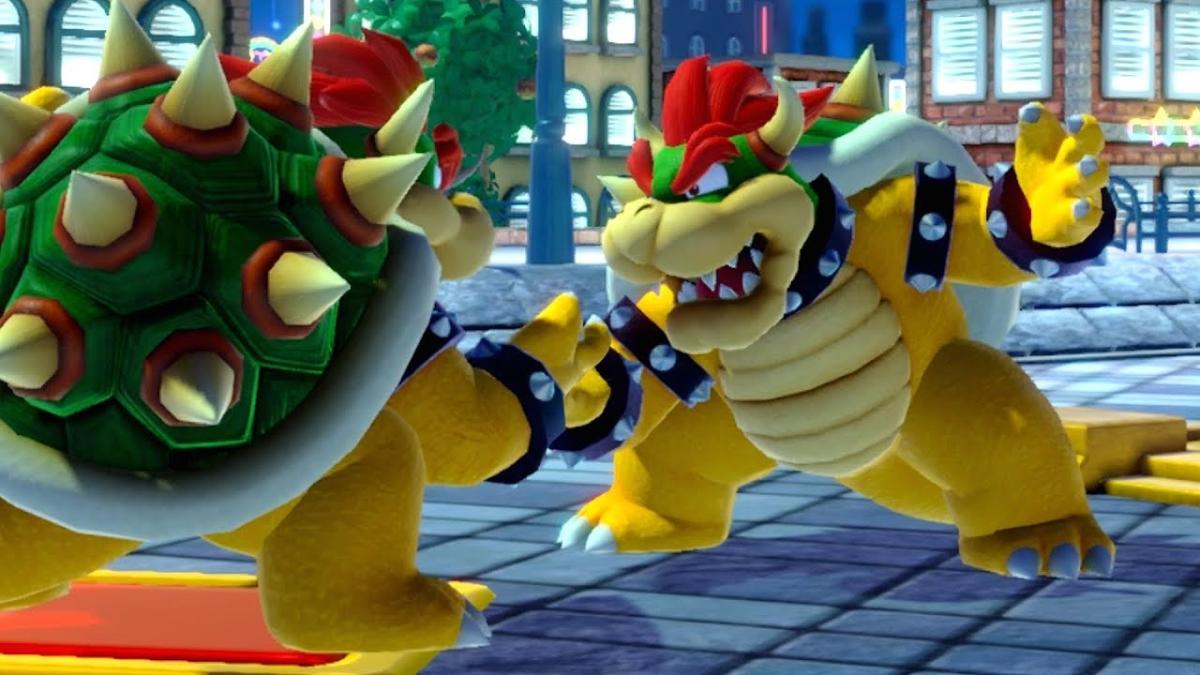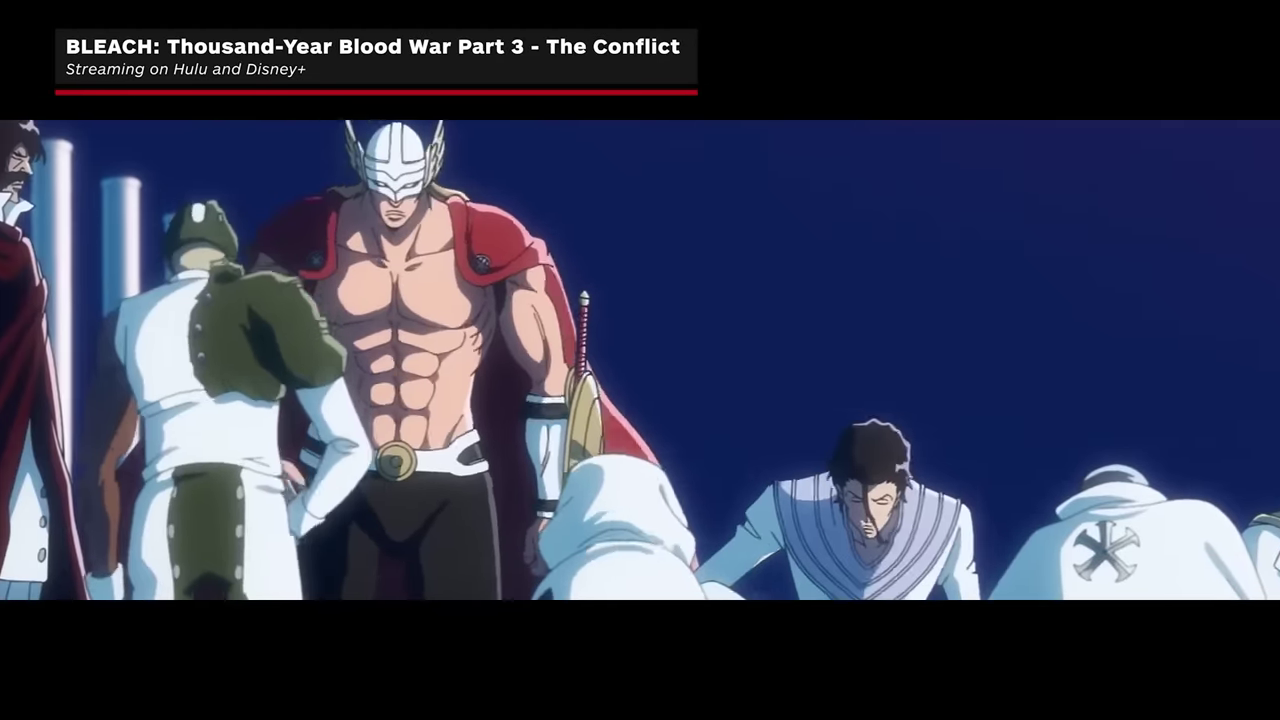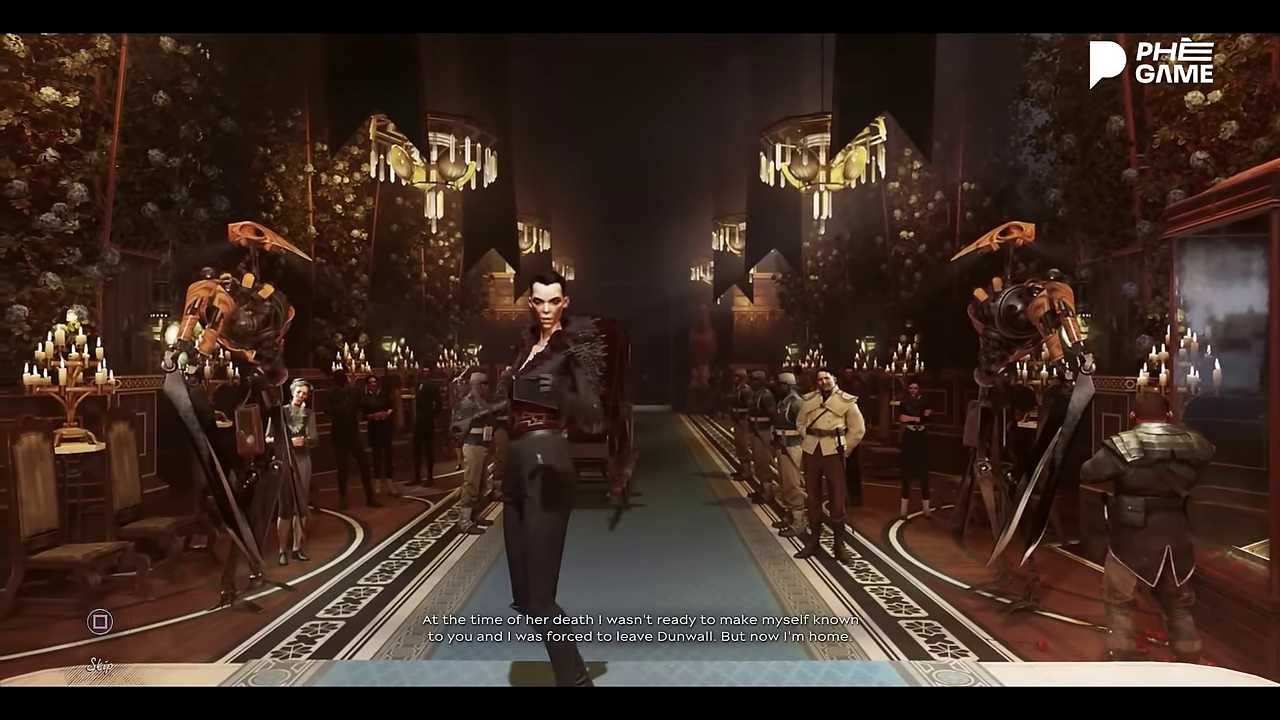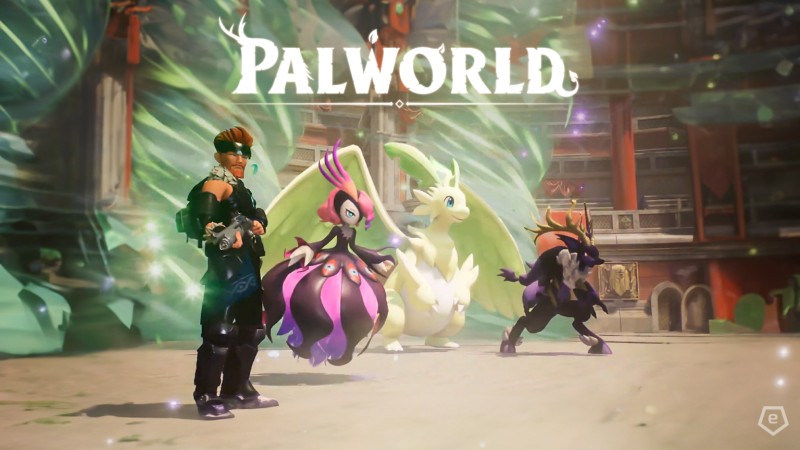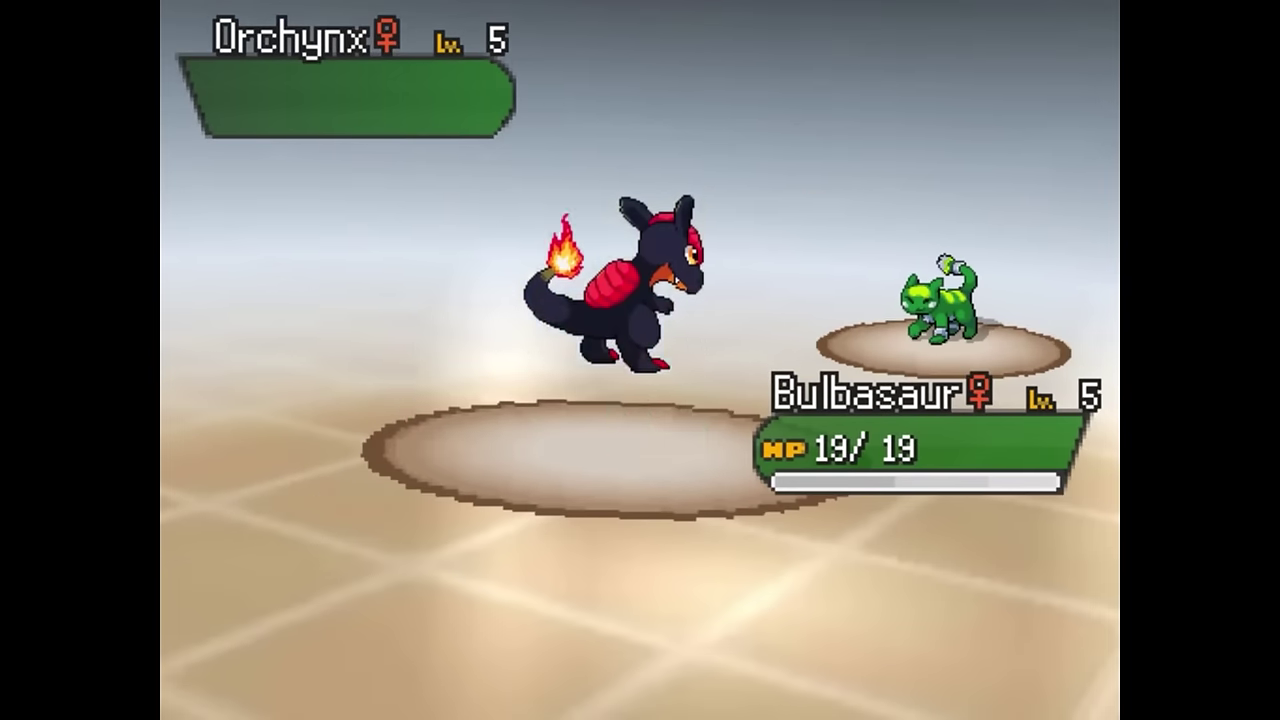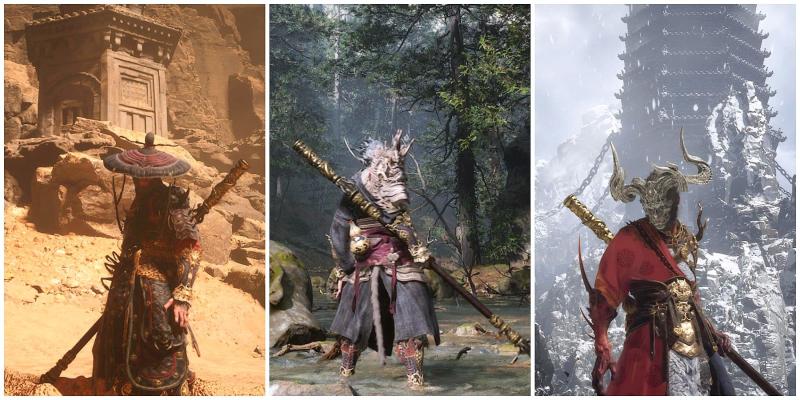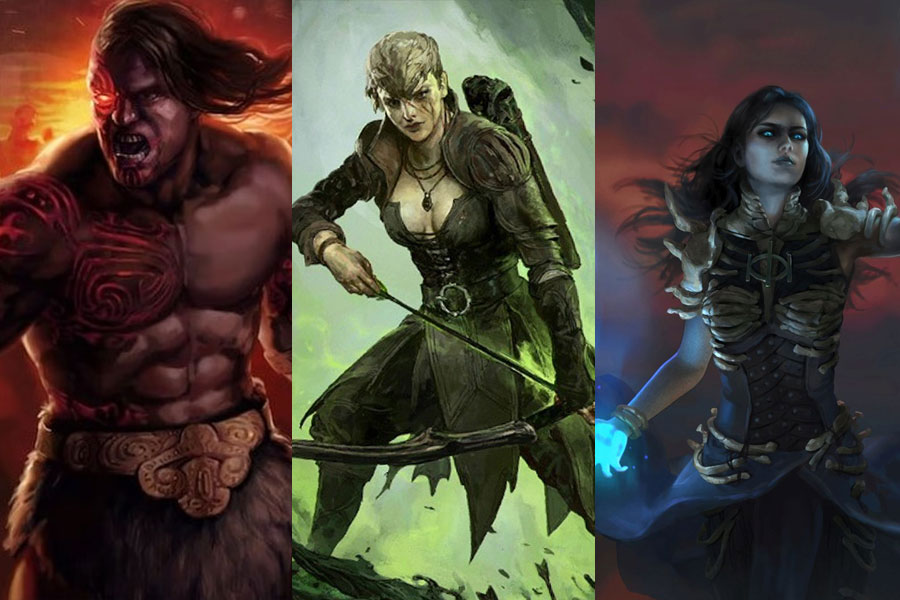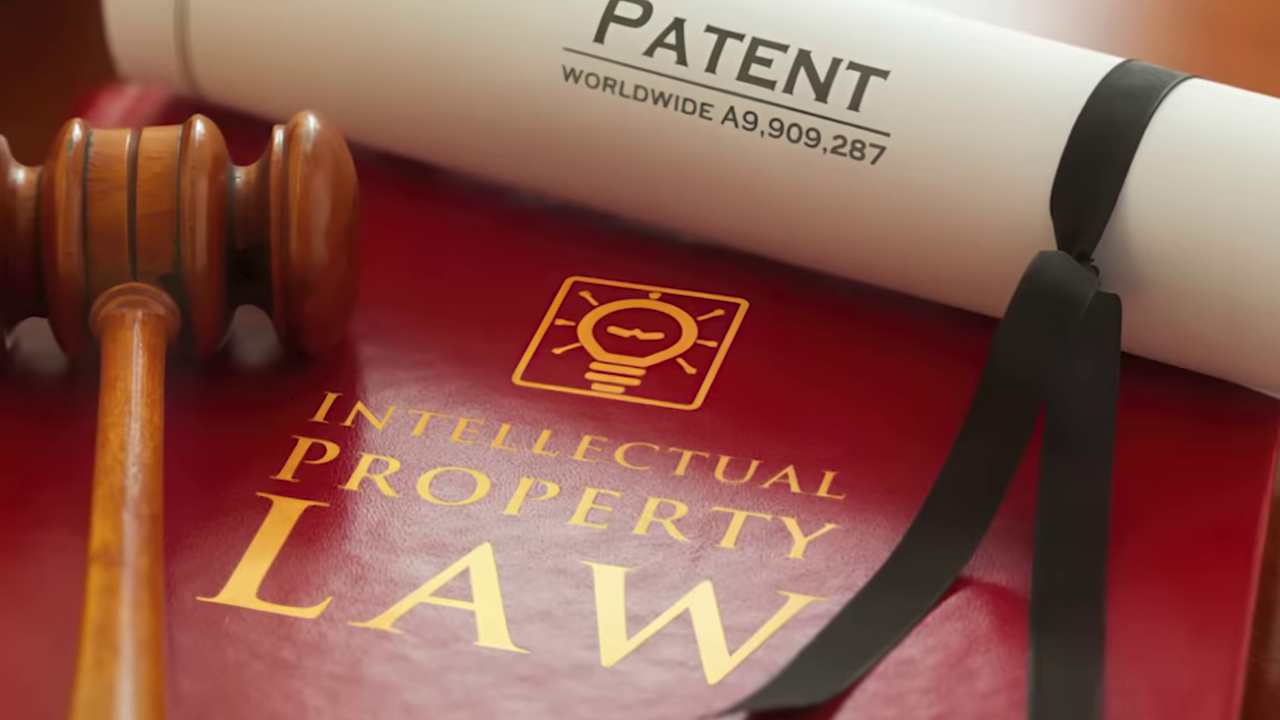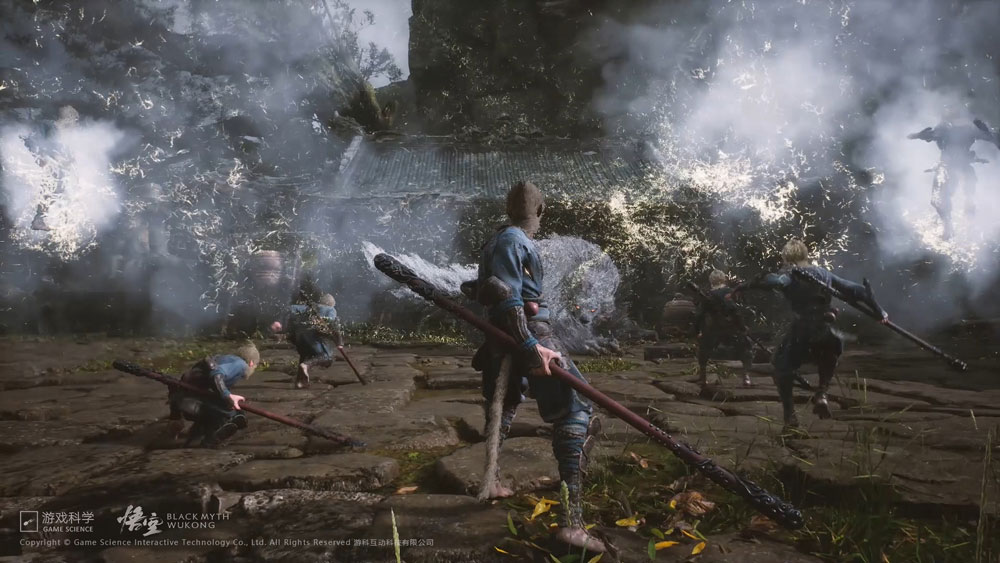Here's the article content with the selected images inserted in appropriate positions:
Why Are Hot Games Usually Hated? - A Look at Black Myth: Wukong and the 'Tall Poppy Syndrome'
Alright, buckle up, folks. I’m going to dive headfirst into a topic that’s been on my mind for a while now. You know, that weird thing where a game comes out, gets super popular, and then—BAM!—it starts getting hated on like it just kicked someone’s dog. Black Myth: Wukong is the latest victim of this trend, but it’s hardly the first. I’m talking League of Legends, Dota 2, Fortnite—heck, even The Witcher 3 faced backlash after it became the darling of RPG fans everywhere.
So, why does this happen? Why do people go from hyped AF to absolutely trashing a game just because it gets big? Is it jealousy? Unrealistic expectations? Or are people just salty because they’re bad at the game (and don’t want to admit it)? Let’s break this down, and I’ll throw in my own two cents along the way.
The Black Myth: Wukong Frenzy – Hype or Letdown?
First off, let’s talk about Black Myth: Wukong—you know, that Chinese-developed AAA game that took the gaming world by storm with its stunning visuals, badass combat, and a monkey king that would make even Goku jealous. When the first trailers dropped, people lost their minds. It was like the second coming of gaming or something. The anticipation was insane. Fast forward to the release—over 2 million people on Steam were playing it at the same time. That’s nuts, right?
Contrasting opinions on Black Myth: Wukong, with some saying it
But then, like clockwork, the haters came out. Suddenly, reviews started popping up saying the game was “overrated” or “not as good as it looked in the trailers.” And I’m sitting here like, “Yo, what happened? How did we go from ‘best game ever’ to ‘this game’s trash’ in, like, a week?”
High Expectations: The Double-Edged Sword
Expectations, man. They’re a killer. When a game gets hyped to the moon, it’s almost impossible for it to live up to what people have built up in their heads. And Black Myth: Wukong had massive expectations. It wasn’t just a game anymore; it became a symbol of what people thought the future of gaming should look like.
Now, don’t get me wrong. The game is good. Visually, it’s gorgeous. Combat’s solid. But did it cure cancer? No. Did it make me a better person? Hell no (I’m still salty when I lose battles). But because it didn’t hit every single unrealistic expectation set by the gaming community, people started getting disappointed.
It reminds me of how Cyberpunk 2077 went down. That game had so much hype behind it that when it released with a bunch of bugs, people lost their minds. Some of the backlash was warranted (I mean, it was a glitchy mess), but a lot of it came from the fact that the game couldn’t possibly live up to the crazy expectations people had in their heads.
The “It’s Cool to Hate Popular Things” Mentality
Here’s where things get psychological. You know what I’m talking about—Tall Poppy Syndrome. It’s this weird phenomenon where people start resenting things that are successful. It’s like, the moment something becomes popular, a group of people feel the need to cut it down to size.
Tall Poppy Syndrome: Why successful games face backlash.
Why? Who knows? Maybe it’s jealousy. Maybe people want to feel like they’re part of the “in-crowd” by bashing on something everyone else loves. Or maybe it’s just human nature to root for the underdog. Once something becomes mainstream, it’s no longer “cool” to like it, so people turn on it.
It’s like that one band you loved before they blew up. They were your little secret, and then suddenly, everyone’s talking about them. Now they’re “sellouts,” and you feel like you need to hate them to maintain your hipster cred. The same thing happens with games. The more popular they get, the more people want to take them down a peg.
Toxic Communities and Fanbases
Let’s not forget the community aspect. Popular games attract all kinds of people—some of them awesome, some of them… not so much. Take League of Legends (LoL) as an example. One of the most popular games out there, but holy crap, the community can be toxic. I’ve lost count of how many times I’ve wanted to throw my keyboard across the room because some random teammate decided to feed the enemy team and then flame me for not carrying hard enough.
Toxicity in multiplayer games, specifically mentioning League of Legends.
It’s the same with Dota 2 and Fortnite. Once a game hits a certain level of popularity, it’s bound to attract players who are either toxic or just plain bad. And that can ruin the experience for everyone involved. You’re not mad at the game itself—you’re mad at the people you’re playing it with. But because you can’t punch your toxic teammate through the screen (which, honestly, would be a feature I’d pay good money for), you end up blaming the game instead.
It’s like blaming the gym because someone stole your locker key. The gym didn’t do anything; it’s just a building. But you’re pissed, so you take it out on the most convenient target. That’s what happens with these games.
Fan Culture: The Double-Edged Sword of Devotion
On the flip side, fan culture can also be a reason why people hate popular games. Some fanbases are so rabid in defending their favorite game that it actually pushes people away. I’ve actually had people tell me they won’t play Dark Souls because the fanbase is so intense about how it’s the greatest game ever made and if you don’t like it, you just “don’t get it.” Like, chill, bro. It’s just a game.
Fan culture wars between Dota 2, League of Legends, and other games.
When a community becomes too devoted, it creates this “us vs. them” mentality. If you’re not part of the in-group, you’re automatically seen as an outsider, and that can make people hate the game even more. No one wants to be told that they’re “playing the game wrong” or that they’re a “noob” just because they don’t enjoy the same thing as you.
It’s like when someone tells you that you’re “watching anime wrong” because you prefer dubs over subs. Let people enjoy things the way they want to, man!
Cultural and Political Backlash
Another thing that happens to popular games is that they start getting scrutinized under a microscope, especially when it comes to cultural and political issues. Take The Witcher 3, for example. That game got hit with criticism over its lack of diversity. Some people were mad that the game didn’t feature enough characters of color, while others argued that the game was trying to stay true to its Eastern European folklore roots.
Backlash against The Witcher 3 for its lack of diversity.
Once a game becomes big enough, it’s almost like it has to please everyone—and that’s impossible. No matter what a developer does, someone’s going to get mad. And because popular games are so visible, they attract more of that criticism.
Black Myth: Wukong could face similar issues down the line. It’s based on Chinese mythology, which is super cool, but there’s always the risk that someone’s going to get mad about how certain cultural elements are portrayed. It’s like walking a tightrope—you can’t please everyone, but once you’re in the spotlight, people expect you to.
But Is Any of This Fair?
Look, this whole “hate the popular game” thing is kind of exhausting, isn’t it? I mean, sure, not every game is going to be for everyone, and not every popular game is perfect (cough Cyberpunk cough). But at the same time, it’s like we’re setting these games up to fail. We build them up so much in our heads that when they don’t deliver on our wildest dreams, we act like they’re the worst thing ever made.
And that’s just not fair to the developers who worked their asses off on these games. Like, do you know how hard it is to make a video game? I’ve dabbled in game design, and even making a simple 2D platformer is a nightmare. Now imagine doing that on a AAA level with millions of people breathing down your neck, waiting for every little thing to be perfect.
Developers are human. They’re going to make mistakes. Games are going to have bugs. Features are going to get cut. And not every game is going to be revolutionary. But that doesn’t mean these games are bad. It just means they’re… games. Enjoy them for what they are, and if you don’t like them, that’s fine. Just don’t crap on the people who do.
Conclusion: Can We Just Chill, Please?
So, why are hot games usually hated? It’s a combination of things: high expectations, toxic communities, jealous fans, cultural scrutiny, and, honestly, just people being people. But at the end of the day, it’s important to remember that gaming is supposed to be fun. It’s supposed to be an escape from reality, not a battleground for who can hate on something the hardest.
Black Myth: Wukong is just the latest example of this phenomenon, but it won’t be the last. So, next time a game gets big and people start hating on it, maybe take a step back and ask yourself, “Why am I really mad at this game?” Is it because the game is genuinely bad, or is it because it didn’t live up to the impossible standards we set for it?
And hey, even if you don’t like a popular game, that’s okay. Just don’t be a jerk about it, alright?
Now, if you’ll excuse me, I’m going to go back to getting my ass handed to me in Black Myth: Wukong.
Feel free to make any additional changes or let me know if you need further assistance!
